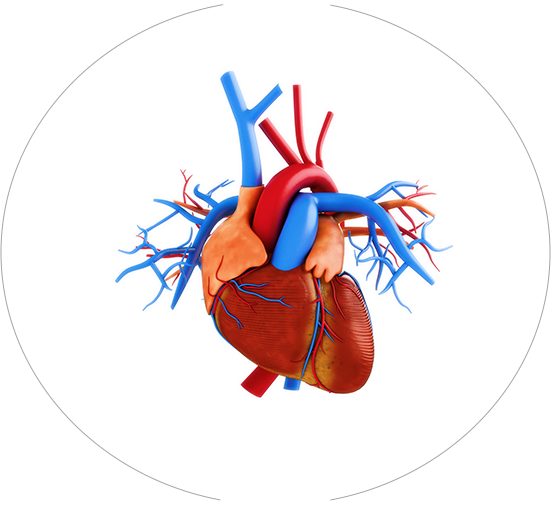Congenital Valve Expert in Perumbakkam
Your Trusted Partner in Congenital valve defects
Congenital valve defects refer to abnormalities in the heart’s valves that are present at birth. We are here to provide you with top-notch care and guidance to tackle your problems.

Understanding Congenital Valve defects
Types of Congenital Valve defects
- Septal Defects: Holes in the heart’s walls (atrial or ventricular septal defects).
- Valve Defects: Abnormalities in heart valves (e.g., bicuspid aortic valve).
- Outflow Tract Defects: Issues in the major blood vessels leaving the heart (e.g., pulmonary valve stenosis).
- Cyanotic Defects: Conditions that cause bluish skin due to low oxygen levels (e.g., Tetralogy of Fallot).
- Complex Congenital Defects: Combination of multiple heart abnormalities.
Causes of Congenital heart defects
-
- Genetic Factors: Family history of congenital heart defects can increase the risk.
- Maternal Health: Certain maternal conditions, infections, or exposure to toxins during pregnancy can contribute.
- Chromosomal Abnormalities: Genetic syndromes like Down syndrome can be associated with heart defects.
- Medication or Substance Use: Certain medications and substance use during pregnancy may pose a risk.
- Radiation or Environmental Exposures: High levels of radiation or environmental factors can be linked to heart defects.
Symptoms of Congenital Valve defects:
- Cyanosis (bluish skin or lips)
- Rapid breathing
- Poor feeding in infants
- Fatigue
- Slow growth in children
- Shortness of breath
- chest pain
- Fainting during physical activity in older children and adults
Congenital Valve disease diagnosis
To diagnose congenital valve disease, your doctor will give you a thorough physical exam and ask about your symptoms and family history. They’ll listen to your heart with a stethoscope to check for a heart murmur and may order additional tests for you, like:
- Cardiac Catheterization.
- Chest X-Ray,CT – Scan or MRI.
- Echocardiogram, including transesophoal echocardiogram
- Electrocardiaogram (EKT)
- Genetic Testing
Find out more about our heart and testing vascular
Treatments
Minimally Invasive Procedures: Such as catheter-based interventions to repair or enlarge heart structures.
Frequently Asked Question on Congenital Valve defects
Symptoms can vary but may include cyanosis (bluish skin), rapid breathing, poor feeding, fatigue, or shortness of breath during physical activity.
: Treatment depends on the specific defect and can include medications, minimally invasive procedures, or surgery.
Yes, prenatal screening and fetal echocardiography can detect some heart defects during pregnancy
Prevention is challenging, but genetic counseling can help families with a history of heart defects understand their risks.
